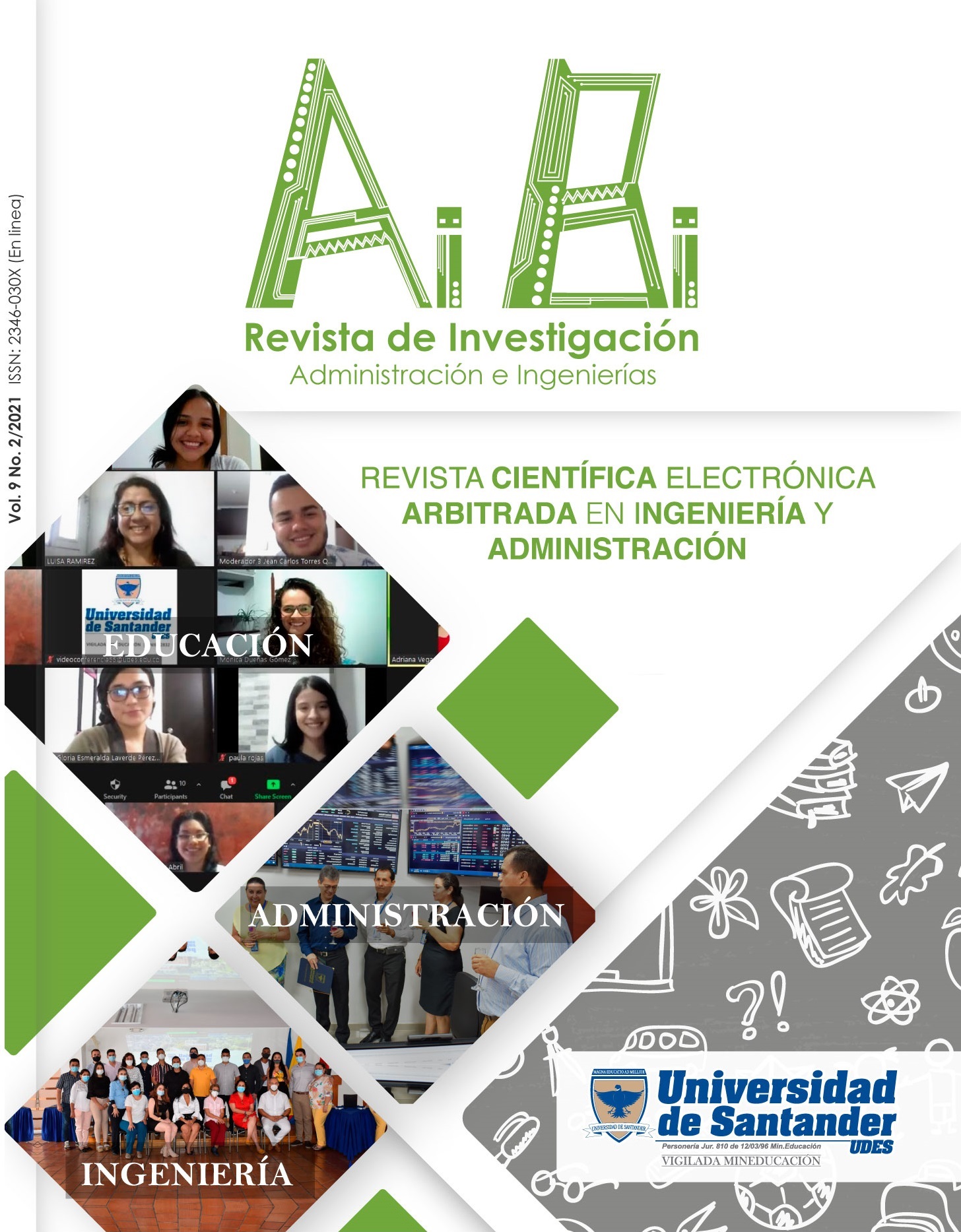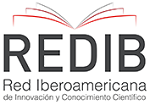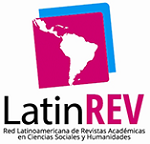Information and communication technologies in strengthening physical-mathematical thinking
DOI:
https://doi.org/10.15649/2346030X.945Keywords:
physical-mathematical thinking, pedagogical practices, technologies, knowledgeAbstract
The aim of the research was to associate the use of information technologies and communications, concerning the exercise of the work of a group of students belonging to public universities, located in the Department Norte de Santander with the development of thought, and psychosocial, economic, sociodemographic conditions. In this research with a multi-method approach, instruments are applied to identify technological tools implemented by 101 teachers, determine the development of thought, know the socio-demographic and psychosocial conditions of 537 students from 3 universities, and consequently determine a model that associates and explains the level of development of mathematical thinking of university students. Descriptive statistics of the different variables are made; and Logit models to identify the factors that influence using technologies. With a 95% reliability, the results indicate that there is no psychosocial vulnerability and the models indicate that educational management factors related to teacher planning, teaching tool, learning outcome, access to platform, innovation competence, decrease or improve, the probability of enhancing the development of physical mathematical thinking. It is concluded that ordinal logistic regression allows and identifies factors using ICT to predict increases in the level of development of physical-mathematical thinking
References
D. Viscaíno y O. Castiblanco, Imágenes permisibles, correctas y pertinentes en el pensamiento físico-matemático. Ingenio Libre, 1, 57-64, 2009.
O. Castiblanco y D. Viscaíno, La didáctica de la física desde la formación de imágenes en el pensamiento. Journal of Science Education, 10, 75-81, 2009.
M. Moreira, Enseñanza de la física: aprendizaje significativo, aprendizaje mecánico y criticidad. Revista de Enseñanza de la Física. 26(1), 45-52, 2014
M. Campos y A. Torres, Necesidad de un marco de referencia para caracterizar el pensamiento físico: algunas reflexiones. Pädi Boletín Científico de Ciencias Básicas e Ingenierías del ICBI, 8(15), 31-37, 2020.
E. Dominguez, Las TIC como apoyo al desarrollo de los procesos de pensamiento y la construcción activa de conocimientos. Zona Próxima, 10, 146-155, 2009
A. Grisales, Uso de recursos TIC en la enseñanza de las matemáticas: retos y perspectivas. Entramado. 14(2), 198-214, 2018
J. Rodríguez, J. Romero y G. Vergara, Importancia de las Tic en la enseñanza de las matemáticas. Revista MUTUA. 4(2), 1-9, 2017
J. Cabrera, F. Medina, I. Sánchez y M. Arias, El grado de manejo de las TIC para el aprendizaje de la física en ingeniería. Espacios. 38(45), 8-17, 2017
S. Sussman and J. J. Arnett, Emerging Adulthood: Developmental Period Facilitative of the Addictions. Eval Health Prof. 37(2), 147-155, 2014
P. Haro-Gordillo, Evaluando la innovación educativa con TIC en centros educativos. Estudio de un caso. Tesis doctoral Universidad de Málaga. España: Universidad de Málaga. 2015.
H. Gallardo, M. Vergel y F. Villamizar, Investigación intervención y enfoque multimétodo en ciencias humanas y educación matemática. Logos Ciencia y Tecnología. 9(2), 84-96, 2018.
V. Nuñez, Modelos educativos: inscripción y efectos. Tesis doctoral de la universidad Central de Barcelona. 1988.
S. Arias y M. Peñaloza, Muestreo. Enfoque ilustrado para investigar. Mérida – Venezuela. Grupo de investigación EVMERGI. Universidad de Los Andes. 2013.
S. Lohr, Muestreo: Diseño y Análisis. México, International Thomson Editores. 2000.
J. Hair, R. Anderson, R. Tatham y W. Black, Análisis multivariante. Quinta Edición. Madrid – España, Prentice Hall Iberia. 1999.
R. Lucio, El constructivismo y la práctica pedagógica. Educación y cultura. 34, 168-174, 1994.
E. Martín, Construir los aprendizajes. Cuadernos de pedagogía. 221,17-19, 1991.
J. Mateo y F. Martínez, Medición y Evaluación Educativa. Editorial La Muralla S.A. Colección Manuales de Metodología de Investigación Educativa. Madrid. 2008.
H. Goldstein, Multilevel statistical models Londres: Institute of Education. Multilevel Models Project; 1999.
H. Quené and H. Van Den Bergh, On multi-level modeling of data from repeated measured designs: a tutorial. Speech Communication. 43, 103-121, 2004.
Comisión Económica para América Latina y el Caribe [Cepal]. Estado de la banda ancha en América Latina y el Caribe (LC/W.710/Rev.1). Santiago de Chile: Cepal. 2016.
C. Gómez y C. Coll, De qué hablamos cuando hablamos de Constructivismo. Cuadernos de Pedagogía. 221, 8-10, 1994.
C. Pérez, Técnicas de Análisis Multivariante de Datos. Madrid, Pearson Prentice Hall, 2008
C. Can, The Relationship between Materialism and Self-Transcendence in University Students Sample. New/Yeni Symposium J. 13(51), 13-22, 2013.
K. Suk-Sun, R. D. Hayward and P. Reed, Self-transcendence, spiritual perspective, and sense of purpose in family caregiving relationships: a mediated model of depression symptoms in Korean older adults. Aging Mental Health. 18, 905-913, 2014.
C. Camargo, B. Rodríguez y S. Atrio, Entornos virtuales de aprendizajes: Una estrategia pedagógica para el desarrollo de competencias fisicomatemáticas. Hekademos: revista educativa digital. 22, 36-45, 2017
A. Page y C. Rubio, P. Candelas y F. Belmar, Desarrollo de competencias genéricas en las asignaturas de Física. I Jornadas In-Red, 1, 1089-1102, 2014.
F. Pérez y M. Sánchez, Proceso de enseñanza aprendizaje en las ciencias básicas con tecnologías innovadoras para la apropiación del conocimiento en la facultad de ingeniería Universidad Libre. Ingenio Libre, 7(17), 1-12, 2020.
H. Gallardo y D. Villamizar and E. Maldonado, Project based pedagogy in the development of physical mathematical thinking. Journal of Physics: Conference Series. 1674(012013), 1-8, 2020.
Published
How to Cite
Issue
Section
Altmetrics
Downloads
License
The journal offers open access under a Creative Commons Attibution License

This work is under license Creative Commons Attribution (CC BY 4.0).












